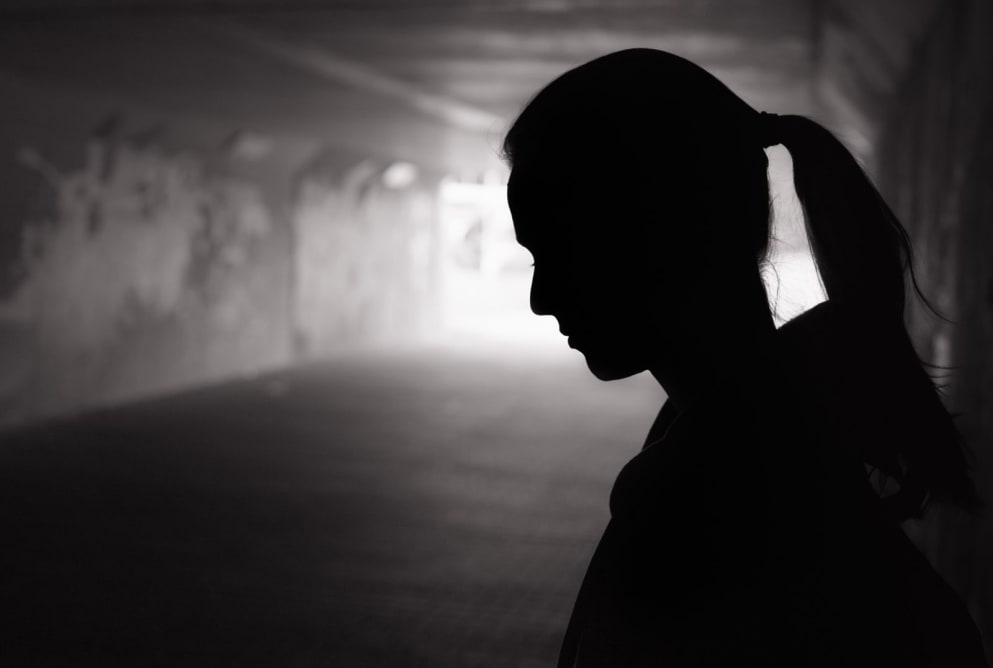How much do you really know about homelessness? There’s many common myths about homelessness out there. And those myths don’t often portray homeless persons in a positive light. To add to this, most of these assumptions are all too often untrue.
We need to dispel these myths. They don’t help us understand the true realities of homelessness or understand and empathise with homeless persons. Only by expanding our understanding of homelessness can we begin to support homeless people in a helpful way.
Why we need to dispel myths around homelessness.
Myths about homelessness often simplify issues and promote certain stereotypes. We think we know all there is to know about homelessness, and these stereotypes can lead to prejudice and even hate. We need to raise awareness of realities of homelessness and dive deep into the complex truths. Myths are often wrong and can be harmful when they lead to a belief in negative stereotypes.
Dispelling the most common homeless myths.
Homelessness is complex, and we’ll begin to see this as we begin to dig into these myths. Here are some of the most common myths out there, and our insights into how true they really are.
You’re only homeless if you sleep on the streets.
The most common myth about homelessness is that all homeless people are rough sleepers. When most of us think of homelessness we imagine a person in a sleeping bag, bedded down on the streets. But, homelessness is far broader than this. This stereotype ignores a group referred to as the hidden homeless. The hidden homeless could be sleeping on friend’s sofas or floors, in rent-rooms or sex for rent situations, or staying in hostels and b&bs.
The myth that homeless people only sleep
rough also distorts our understanding of the demographics of homeless persons.
Rough sleepers are far more likely to be male, which means we tend to think
more men than women are homeless. But homeless organisations believe more women
are hidden homeless. We don’t really know how many people are hidden and
homeless. But, research by Crisis indicates that about 62% of single homeless
people are hidden.
Giving people a place to stay is a simple solution to homelessness.
Homelessness isn’t simply solved by putting someone in accommodation. Placing someone in their own property is a huge change. That person is often housed away from the city centre. They're in areas away from their friends and community on the streets. Added to this is the pressure of maintaining a property with little or no support. The transition from the streets to accommodation is difficult. Luke’s story of moving into accommodation helps us understand the difficulties of living in your own place.
They’re only homeless because they’re lazy/don’t work.
It’s hard to fully understand what it’s like to be homeless. Imagine constantly struggling to find your next meal, shower and place to sleep. Then imagine keeping a job or looking for work on top of that. There’s lots of barriers to employment for homeless persons. Lack of transport is a clear barrier, but so is maintaining clean clothing and a clean appearance for work. Often, people experiencing homelessness are vulnerable to exploitative working situations, as others capitalise on their desperation for work and cash.
Immigrants receive more support.
That non-UK nationals receive a lot of support is a common myth. But, for migrants coming to the UK, there’s little support available. The government’s recent immigration rules make rough sleeping grounds for a non-UK national’s leave to remain being cancelled or refused. There’s limited support for migrants classed as having no recourse to public funds. They cannot access state support including housing support and benefits. This puts them in a very vulnerable position. We support many clients with no recourse to public funds who are destitute and have no clear path off the streets.
Common myths about homelessness fail to give
us an accurate picture of the realities of being homeless. Homelessness is vast
and it isn’t simple to solve. Experiencing homelessness is exhausting, making
it extremely hard to hold down a job. And for immigrants with no recourse to
public funds, there’s little support available. Negative stereotypes about
homelessness do little to help us understand and support those experiencing
homelessness.
We're working hard to provide support to
people experiencing homelessness in West Yorkshire. This winter, we’re
expecting to see an increase in the number of people needing our support. We
can't do this without your help - please support us today.
